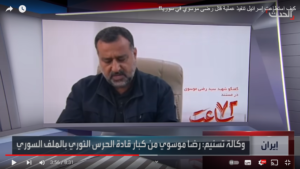
Israeli Message to Iran and Syria
The recent assassination of Riza Mousavi, a senior member of the Iranian Revolutionary Guards, in Damascus is widely perceived in the Middle East as a strategic warning from Israel to Iran and Syria.

The recent assassination of Riza Mousavi, a senior member of the Iranian Revolutionary Guards, in Damascus is widely perceived in the Middle East as a strategic warning from Israel to Iran and Syria.

The suggestion to deport Yahya Sinwar, the leader of the Hamas military, to a foreign country is impractical and raises ethical concerns. Rather than offering a solution, it could be perceived as a reward for terrorism. Instead, a more assertive approach, focusing on the physical elimination of Sinwar and Muhammad Def, would align with the need for justice and accountability.
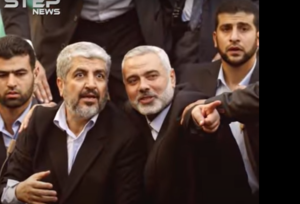
For years, Israeli governments have refrained from pursuing targeted assassinations of Hamas leaders, offering them a de facto immunity despite recommendations from the Shin Bet and the Mossad. The prevailing Israeli notion that “Hamas is deterred” led to the abandonment of a crucial counterterrorism strategy. It’s high time for a reevaluation.
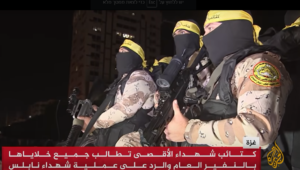
Since the commencement of the conflict in the Gaza Strip on October 7, the Israeli Defense Forces (IDF) have escalated their operations in Judea and Samaria, particularly in the Jenin refugee camp, a hotspot for terrorist activities. The IDF’s approach has shifted significantly, with security sources indicating a more assertive stance against armed terrorist groups in the region.

Yahya Sinwar’s strategic maneuvering has reached a critical juncture as he exerts pressure on Israel in pursuit of his objectives. Sinwar, the leader of Hamas in the Gaza Strip, is employing a method reminiscent of a mafia boss, aiming to secure a new prisoner exchange deal with the cessation of hostilities as a key condition.
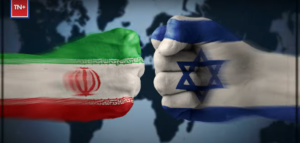
The current conflict between Israel and Iran and its affiliated groups marks a critical juncture in the complex dynamics of the Middle East. The so-called “axis of evil,” led by Iran, has achieved notable successes in surprising Israel and inflicting both human and economic losses.
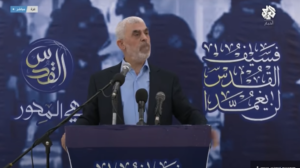
For the first time in its existence, the Hamas movement finds itself confronted with a tangible military threat from Israel aimed at toppling its rule in the Gaza Strip. Despite Hamas’s claims of eventual victory, the key to success lies in the hands of the IDF, with any advances in the conflict weakening the movement’s stronghold.
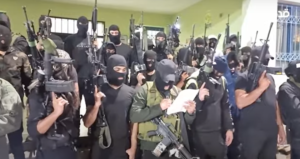
The Israeli security establishment is deeply concerned about the mounting unrest in Judea and Samaria, fearing a potential explosion of violence. The situation has been exacerbated by the recent escalation of hostilities in the Gaza Strip.

In the wake of the recent conflict in the Gaza Strip, Hamas is altering its attack policy by shifting its focus to carry out terrorist activities abroad against Jewish and Israeli targets.
This shift signifies a notable change in Hamas’ longstanding policy.
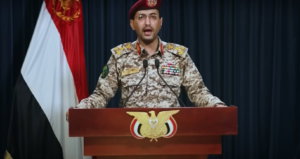
The United States is considering various options, including the use of military force, to lift this maritime blockade. Israel is actively involved in the Gaza Strip conflict but is also preparing for a potential military response to the naval blockade.
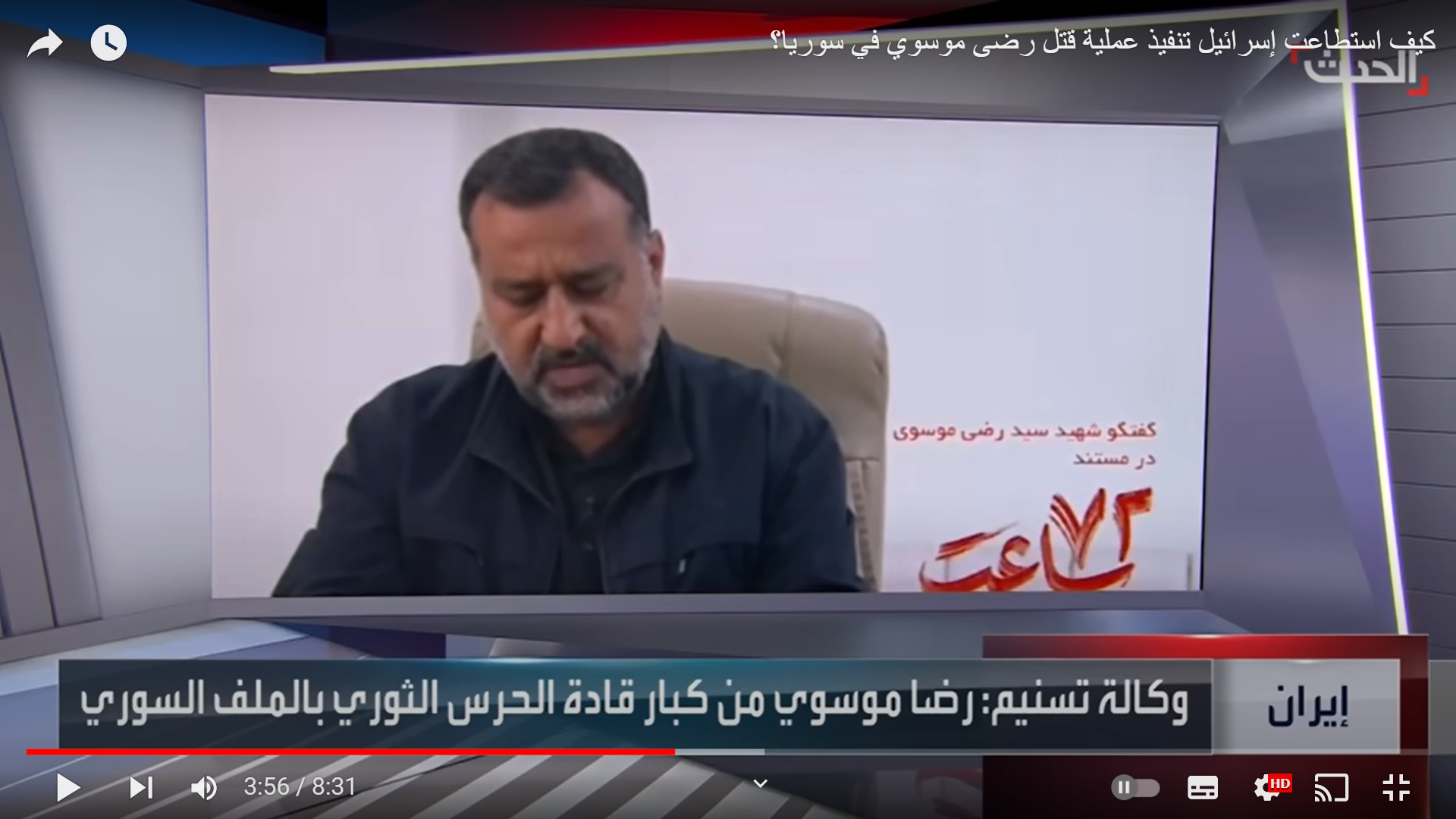
The recent assassination of Riza Mousavi, a senior member of the Iranian Revolutionary Guards, in Damascus is widely perceived in the Middle East as a strategic warning from Israel to Iran and Syria.

The suggestion to deport Yahya Sinwar, the leader of the Hamas military, to a foreign country is impractical and raises ethical concerns. Rather than offering a solution, it could be perceived as a reward for terrorism. Instead, a more assertive approach, focusing on the physical elimination of Sinwar and Muhammad Def, would align with the need for justice and accountability.
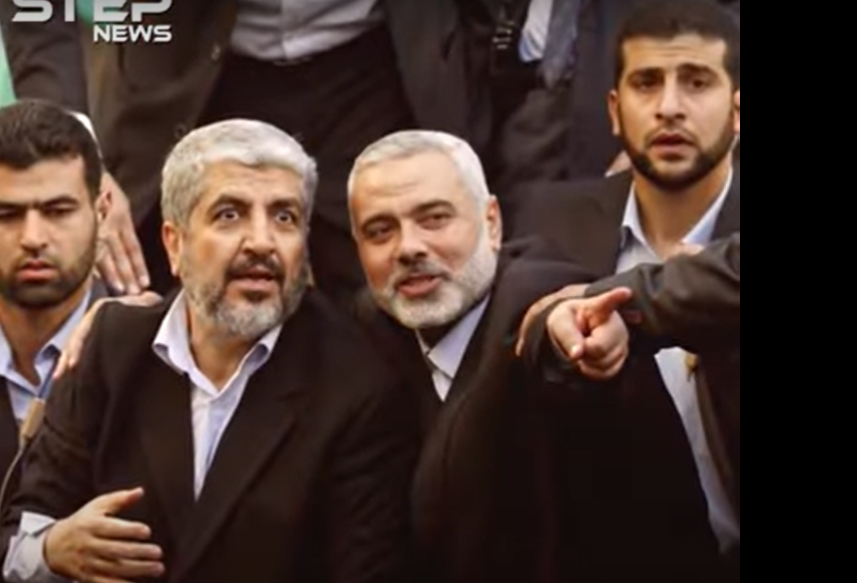
For years, Israeli governments have refrained from pursuing targeted assassinations of Hamas leaders, offering them a de facto immunity despite recommendations from the Shin Bet and the Mossad. The prevailing Israeli notion that “Hamas is deterred” led to the abandonment of a crucial counterterrorism strategy. It’s high time for a reevaluation.
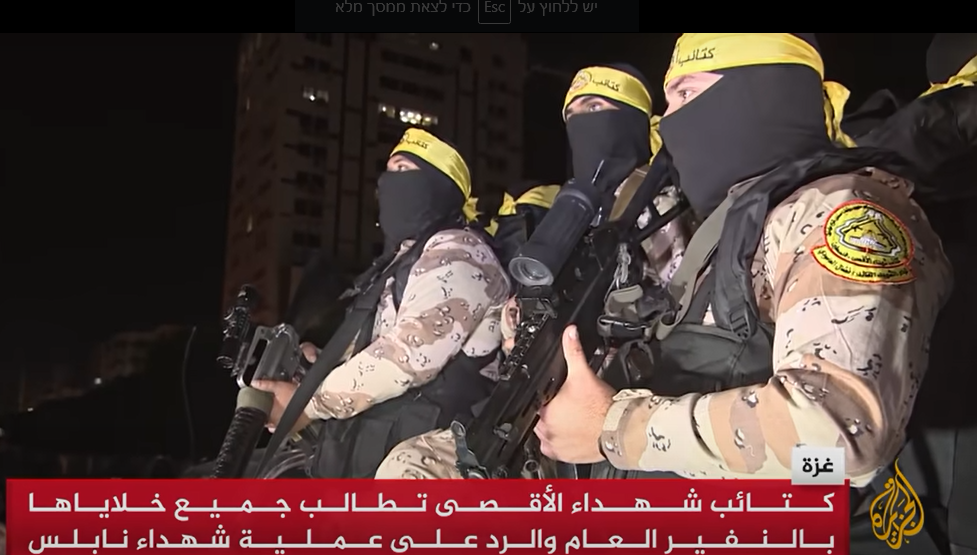
Since the commencement of the conflict in the Gaza Strip on October 7, the Israeli Defense Forces (IDF) have escalated their operations in Judea and Samaria, particularly in the Jenin refugee camp, a hotspot for terrorist activities. The IDF’s approach has shifted significantly, with security sources indicating a more assertive stance against armed terrorist groups in the region.

Yahya Sinwar’s strategic maneuvering has reached a critical juncture as he exerts pressure on Israel in pursuit of his objectives. Sinwar, the leader of Hamas in the Gaza Strip, is employing a method reminiscent of a mafia boss, aiming to secure a new prisoner exchange deal with the cessation of hostilities as a key condition.
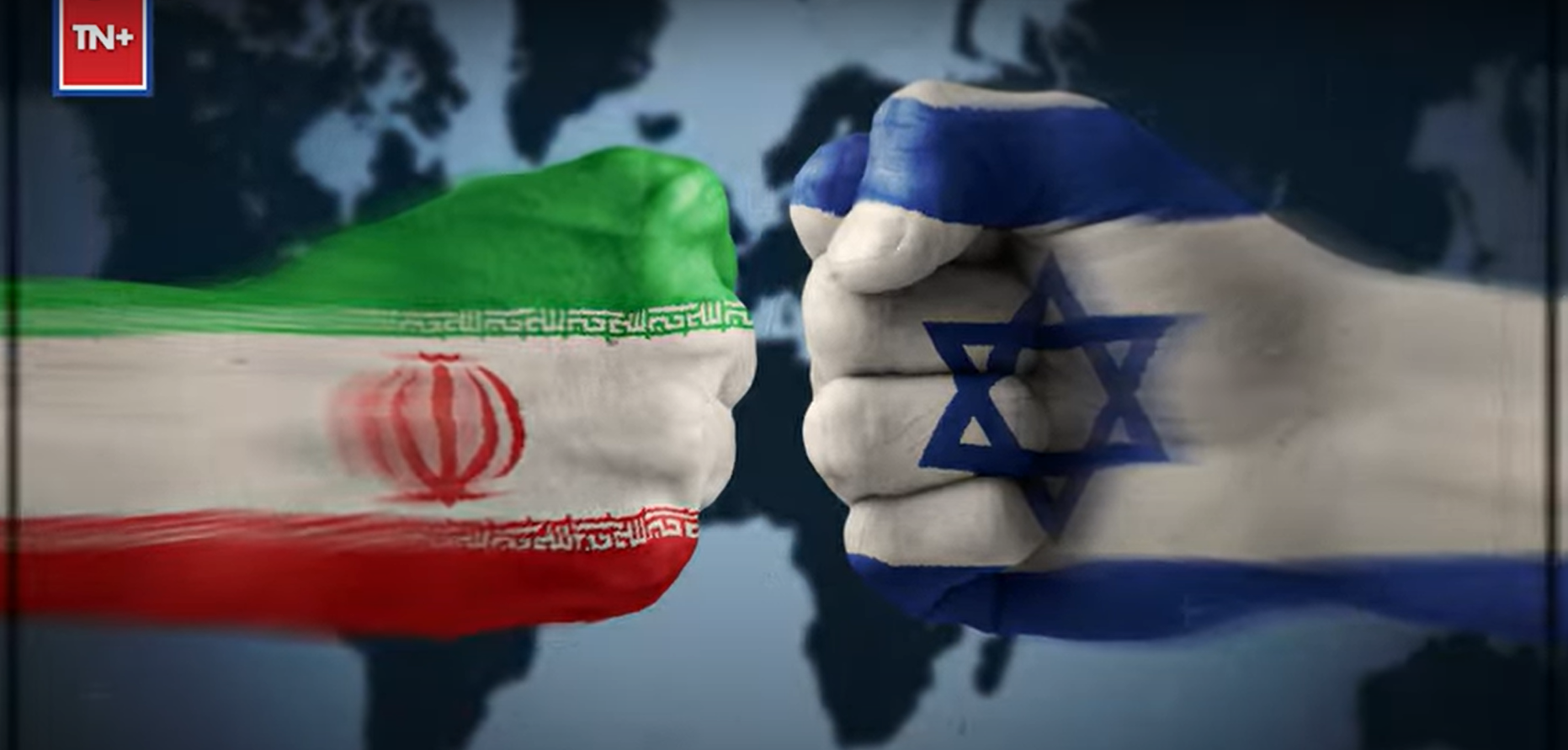
The current conflict between Israel and Iran and its affiliated groups marks a critical juncture in the complex dynamics of the Middle East. The so-called “axis of evil,” led by Iran, has achieved notable successes in surprising Israel and inflicting both human and economic losses.
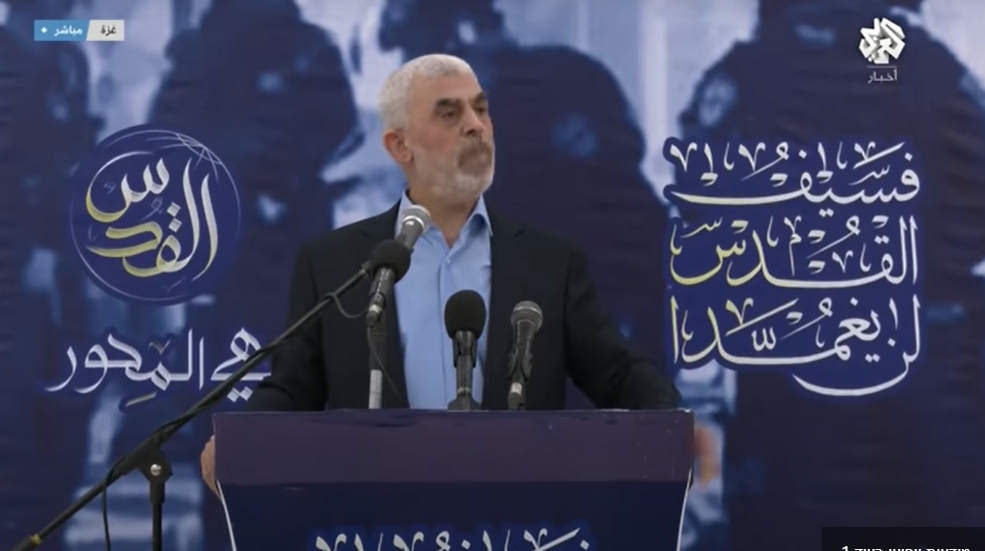
For the first time in its existence, the Hamas movement finds itself confronted with a tangible military threat from Israel aimed at toppling its rule in the Gaza Strip. Despite Hamas’s claims of eventual victory, the key to success lies in the hands of the IDF, with any advances in the conflict weakening the movement’s stronghold.
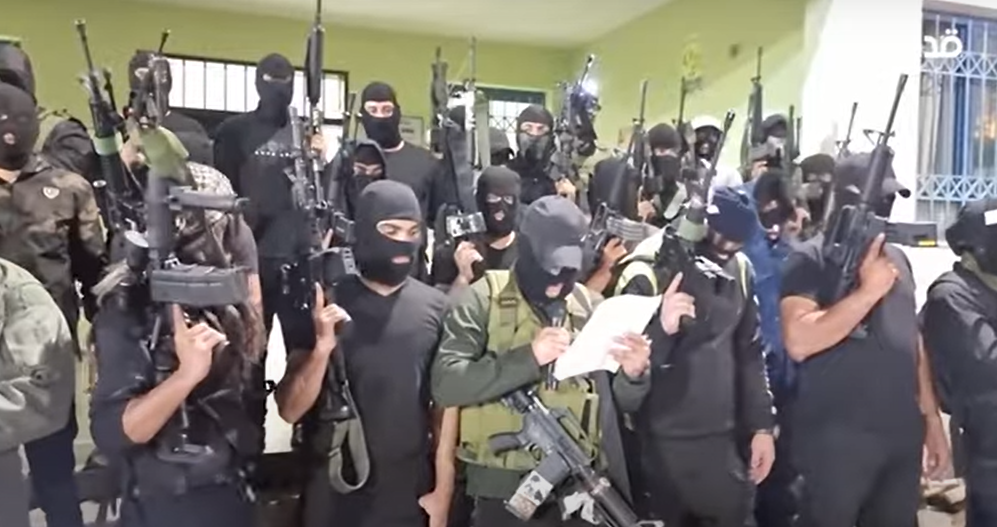
The Israeli security establishment is deeply concerned about the mounting unrest in Judea and Samaria, fearing a potential explosion of violence. The situation has been exacerbated by the recent escalation of hostilities in the Gaza Strip.

In the wake of the recent conflict in the Gaza Strip, Hamas is altering its attack policy by shifting its focus to carry out terrorist activities abroad against Jewish and Israeli targets.
This shift signifies a notable change in Hamas’ longstanding policy.
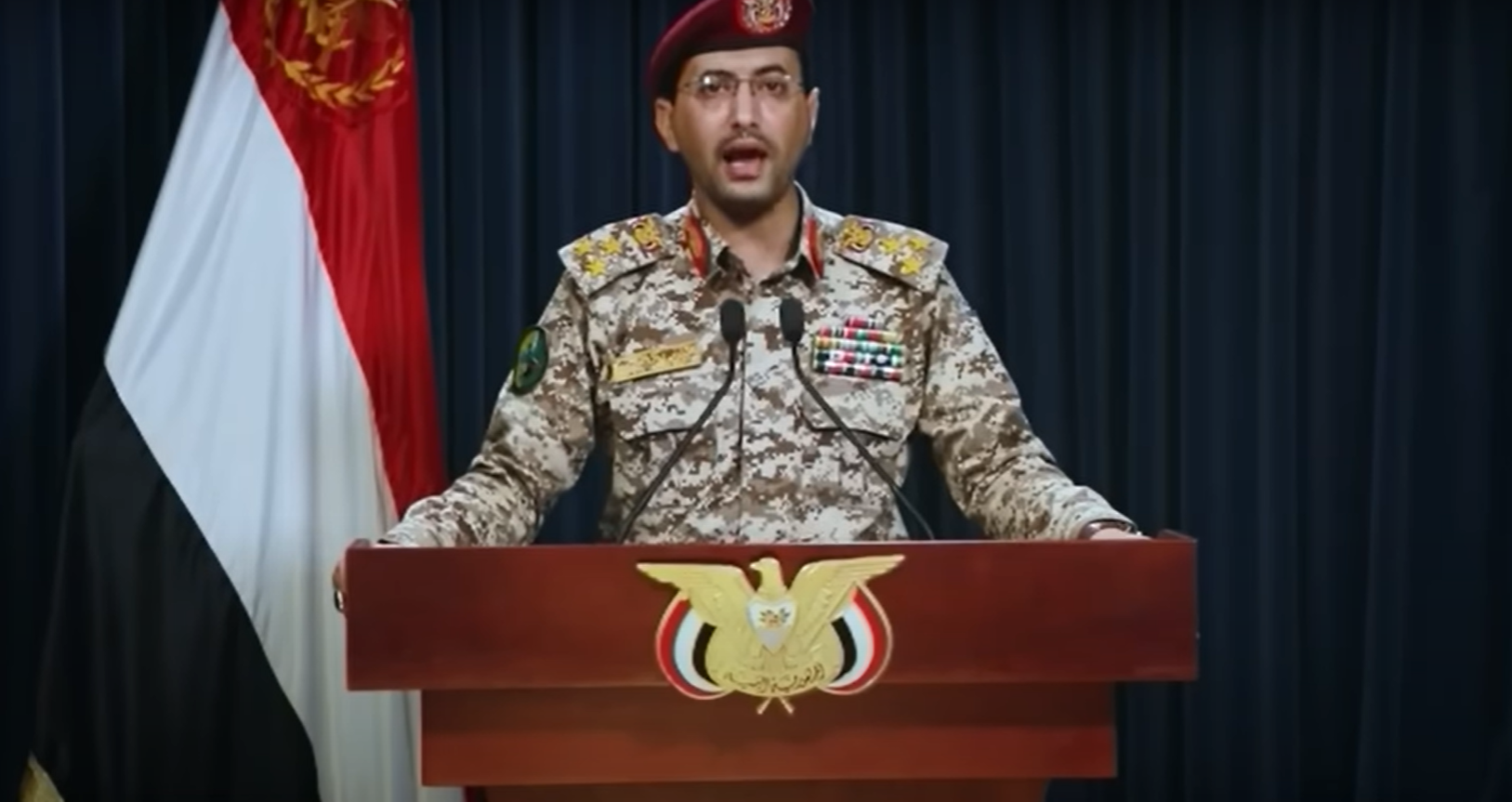
The United States is considering various options, including the use of military force, to lift this maritime blockade. Israel is actively involved in the Gaza Strip conflict but is also preparing for a potential military response to the naval blockade.